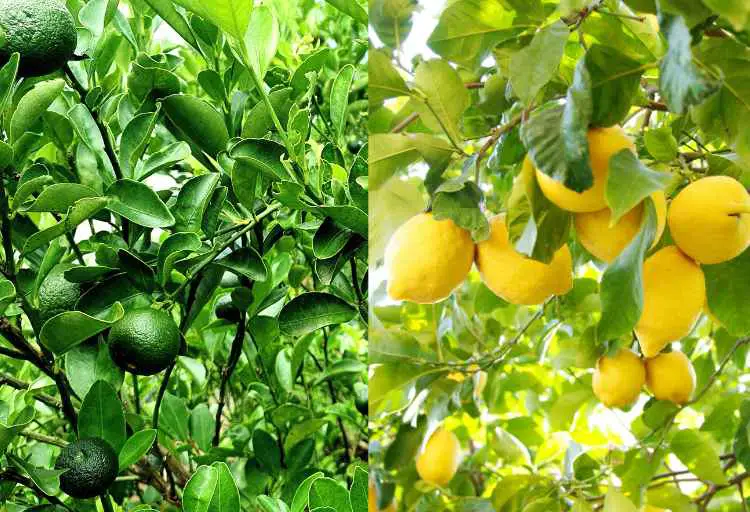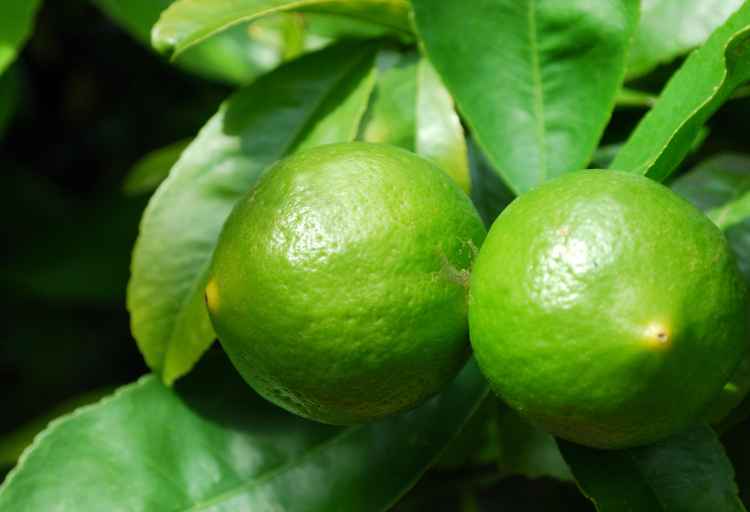Are Mangoes Low Carb? Debunking Myths and Nutritional Benefits
In the realm of fruits, mangoes stand as one of the most beloved and sought-after options, admired for their succulent taste and vibrant color.
However, in the era of low-carb diets and mindful eating, concerns about their carbohydrate content have led to questions like, “Are mangoes low carb?”
Mangoes are not considered low in carbohydrates. A medium-sized mango contains around 45-50 grams of carbs. However, their rich nutrient profile, including fiber and vitamins, offers various health benefits.

Contents
- Are mangoes low carb? Understanding Carbohydrates: The Basics
- Mangoes and Carbohydrates
- Nutritional Value of Mangoes
- Glycemic Index and Mangoes
- Incorporating Mangoes into a Low-Carb Diet
- The Health Benefits of Mangoes
- Mangoes and Vitamins
- Antioxidants in Mangoes
- The Verdict: Mangoes in Moderation
- Conclusion
- FAQs About Mangoes and Carbohydrates
Are mangoes low carb? Understanding Carbohydrates: The Basics
Unveiling the Science of Carbohydrates
Carbohydrates are an essential macronutrient that serves as a primary energy source for the body.
They are categorized into simple and complex carbs, with the former found in foods like sugars and fruits.
Complex carbs, on the other hand, are prevalent in foods like whole grains and legumes. The human body converts carbohydrates into glucose, which fuels various bodily functions.
Mangoes and Carbohydrates
The Carb Count in Mangoes
Mangoes belong to the category of simple carbs due to their natural sugar content. A medium-sized mango typically contains around 45-50 grams of carbohydrates.
However, it’s important to note that not all carbs are equal; mangoes are also a good source of dietary fiber and essential nutrients like vitamins A and C, as well as various antioxidants.
Nutritional Value of Mangoes
Beyond Carbs: The Rich Nutrient Profile of Mangoes
While mangoes might not be classified as low-carb fruits, their nutritional value goes beyond carbohydrate content. They are rich in dietary fiber, which aids digestion and helps maintain a feeling of fullness.
Additionally, mangoes contain vitamins and minerals like vitamin A, which is essential for eye health, and vitamin C, known for its immune-boosting properties.
Glycemic Index and Mangoes
Impact on Blood Sugar Levels
The glycemic index (GI) measures how quickly a food item raises blood sugar levels.
Mangoes have a moderate GI, indicating that their carbohydrate content is absorbed at a moderate pace, preventing rapid spikes in blood sugar.
This can be beneficial for individuals managing their blood sugar levels.
Incorporating Mangoes into a Low-Carb Diet
Balancing Indulgence and Dietary Goals
For those following a low-carb diet, incorporating mangoes can still be possible with moderation and thoughtful planning.
Portion control is key; consuming smaller amounts of mangoes allows you to savor their flavor while managing carb intake.
Pairing mangoes with protein or healthy fats can further help stabilize blood sugar levels and promote satiety.
The Health Benefits of Mangoes
Beyond Carbs: Mangoes as Nutritional Powerhouses
While the carbohydrate content of mangoes might raise eyebrows, their potential health benefits are undeniable.
Mangoes are a rich source of antioxidants, such as quercetin, beta-carotene, and zeaxanthin, which play roles in reducing oxidative stress and promoting eye health.
Their fiber content contributes to digestive health and may aid in weight management.
Mangoes and Vitamins
A Vitamin-Packed Fruit
Mangoes are a vitamin powerhouse, particularly when it comes to vitamins A and C.
Vitamin A supports skin health, vision, and immune function, while vitamin C is a potent antioxidant that strengthens the immune system and promotes collagen production, essential for skin health.
Antioxidants in Mangoes
Combatting Oxidative Stress
Oxidative stress, caused by an imbalance of free radicals and antioxidants in the body, is linked to various chronic diseases.
Mangoes contain a range of antioxidants that help neutralize free radicals, potentially reducing the risk of conditions like heart disease and certain cancers.
The Verdict: Mangoes in Moderation
Finding Balance in Nutrient-Rich Mangoes
In the quest for a low-carb lifestyle, it’s crucial to consider the overall nutritional value of foods rather than focusing solely on their carb content.
While mangoes may not fit the strict definition of low-carb, their nutrient density and potential health benefits make them a valuable addition to a balanced diet.
By consuming mangoes in moderation and being mindful of portion sizes, individuals can enjoy their sweet, tropical taste while still aligning with their dietary goals.
Conclusion
In the discourse of low-carb diets, mangoes may raise concerns due to their carbohydrate content.
However, by understanding their nutritional profile and health benefits, it becomes clear that mangoes offer more than just carbs.
With a treasure trove of vitamins, antioxidants, and dietary fiber, mangoes can be part of a wholesome diet, even for those mindful of their carb intake.
So, the next time you relish a juicy, ripe mango, you can do so with the knowledge that its goodness extends beyond its carb count.
FAQs About Mangoes and Carbohydrates
Are mangoes suitable for a low-carb diet?
Mangoes are not typically recommended for strict low-carb diets due to their higher carbohydrate content. However, they can be enjoyed in moderation, considering their nutritional benefits.
How many carbs are in a medium-sized mango?
A medium-sized mango contains approximately 45-50 grams of carbohydrates. It’s essential to be mindful of portion sizes when incorporating mangoes into your diet.
Do mangoes have any health benefits despite their carb content?
Yes, mangoes offer several health benefits beyond carbohydrates. They are rich in dietary fiber, vitamins A and C, and antioxidants, supporting digestion, immune function, and overall well-being.
Can mangoes affect blood sugar levels?
Mangoes have a moderate glycemic index (GI), meaning they can influence blood sugar levels. Eating them in controlled portions and pairing them with protein or healthy fats can help manage their impact on blood sugar.
Are there low-carb alternatives to mangoes with a similar taste?
If you’re looking for lower-carb options with a similar tropical taste, consider berries like strawberries, blueberries, or raspberries. These fruits generally have lower carbohydrate content compared to mangoes.






